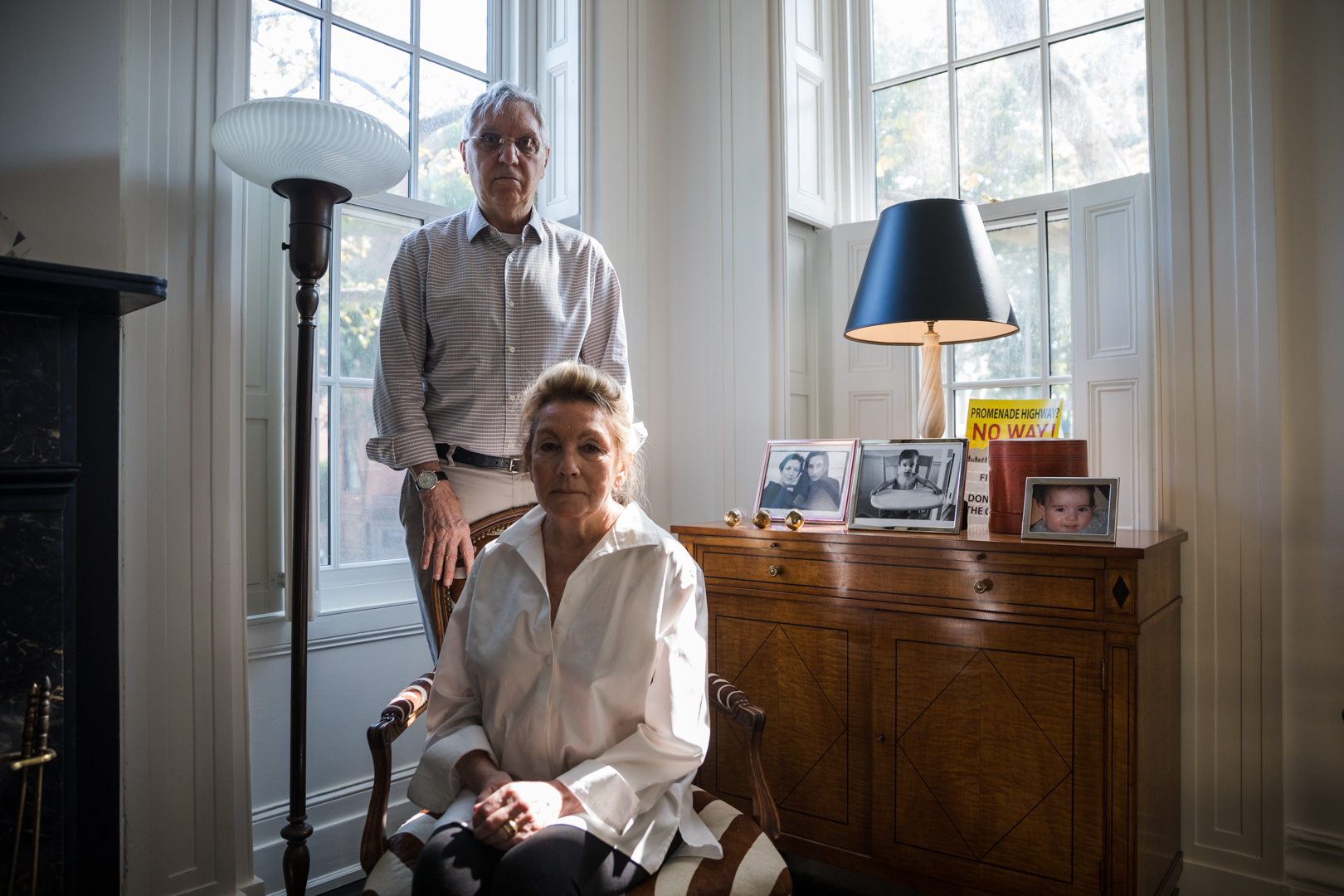BQE vibrations create nightmare for Brooklyn Heights residents

Broken glasses, cracked walls and sleepless nights have become all too familiar for some families in Brooklyn Heights, who say vibrations from the nearby BQE have severely disrupted their lives.
Residents told the Brooklyn Eagle that when large trucks pass by on the roadway near Middagh and Willow streets — especially in the left-hand lane — it’s particularly bad, often leaving their buildings trembling.
“At four in the morning, you’ll hear tremendous loud bangs and you’ll feel shaking,” said Brooklyn Heights resident Pia Scala-Zankel. “It’s like thunder. My shutters will [rattle]. The window will reverberate. It can feel like a mini earthquake.”

Brooklyn Heights
View MoreRead the Brooklyn Height's Press and Cobble Hill News. Find out more about Brooklyn Height's History here.